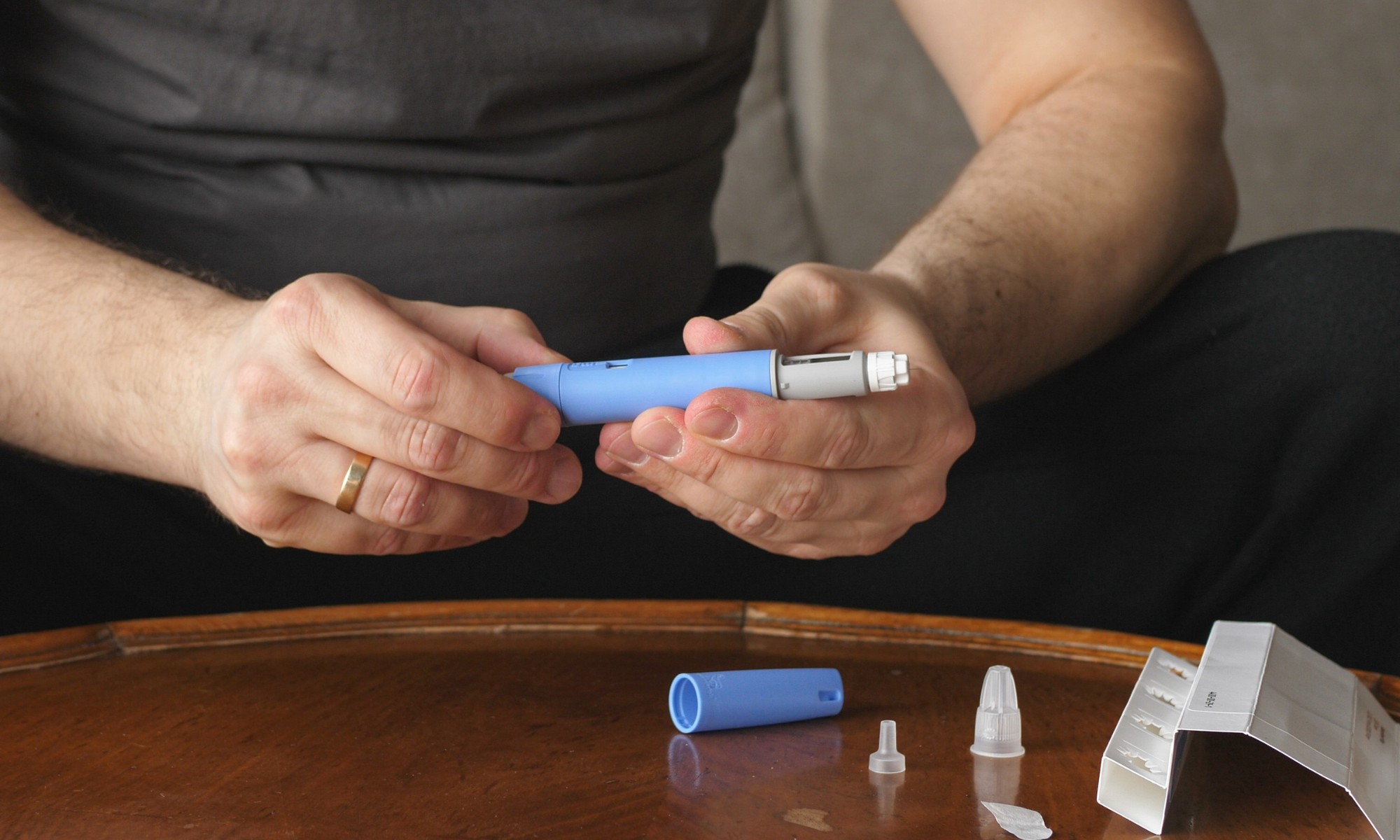A new weight loss solution named Ozempic is the latest buzz on TikTok, capturing the attention of celebrities such as Jeremy Clarkson and Kim Kardashian. This ‘miracle’ drug, administered through injections in the stomach, thigh, or upper arm, has ignited intrigue and discussions surrounding its effectiveness in weight loss.
Ozempic operates by replicating an appetite-regulating hormone, a mechanism that helps curb hunger and extends the feeling of fullness among its users. While the allure of a potential game-changer in the battle against obesity is undeniable, cautionary notes from obesity experts emphasise that Ozempic is no magic bullet. Users should be wary of potential side effects ranging from nausea and diarrhoea to more serious complications like pancreatitis and gallbladder issues.
Seeking clarity on this groundbreaking drug, Simon Barnett and James Daniels of NewstalkZB radio talked to one of the country’s top bariatric surgeons, Richard Babor, to explore its role within the complex landscape of weight loss.
Here’s a condensed extract from the interview.
Are there just a lot of fat, lazy people out there?
I know from the biology of obesity, and my experience from my patients, is that if it was that simple, we wouldn’t have an obesity epidemic. The people that I see do diets and exercise over and over again. They might move moderate amounts of weight but the hormonal and biological drivers that increase weight are not able to be overcome by combinations of diet and exercise. The science has disproven the notion that all you have to do is cut down what you eat and exercise more and obesity will go away.
Is bariatric surgery the cheats way out?
Most of the patients I see have tried diets and exercise and they haven’t worked. Perhaps they can lose weight for six to nine months and then they put that weight back on. The biological drivers of their obesity are not able to be overcome by just willpower. These people are not stupid, they might be well educated, affluent and well-resourced and are usually highly motivated.
In the 80s, obesity wasn’t a thing. Is it because of the high calorific, high sugar content in food, coupled with a sedentary lifestyle?
Yes, we are a product of our ‘obesogenic environment’.
The solution to population obesity is not bariatric surgery and it’s not Ozempic either. It’s modifying our food ecology. Our food environment is toxic. It’s a very thorny political problem and outside of my area of expertise. There are people in public health working on that problem.
What I can do is offer individuals who are not able to overcome obesity in their own lives, bariatric surgery as powerful tool to bring weight down.
Do you endorse Ozempic and other similar medications?
Ozempic has been shown to reduce weight by 10 or 15%. The problem is there is a world wide shortage because it’s been promoted by celebrities on social media. There are Ozempic clinics popping up in the US.
It does have an effect but it also has strong side effects like nausea, vomiting, diarrhoea, abdominal pain, bloating and some can’t tolerate the treatment.
Currently in New Zealand Ozempic is only approved as a prescription for people with diabetes. Ozempic is not available in New Zealand as a weight loss drug, because there is a worldwide shortage.
Final thoughts
The allure of Ozempic as a weight loss miracle should be balanced against the understanding of its limitations and potential risks. Dr Babor’s expertise emphasises the need to adopt a holistic approach to tackle obesity, recognising that individual solutions, whether pharmaceutical or surgical, must be complemented by broader efforts to reshape our obesogenic environment for lasting change.
Listen to the full interview here:


